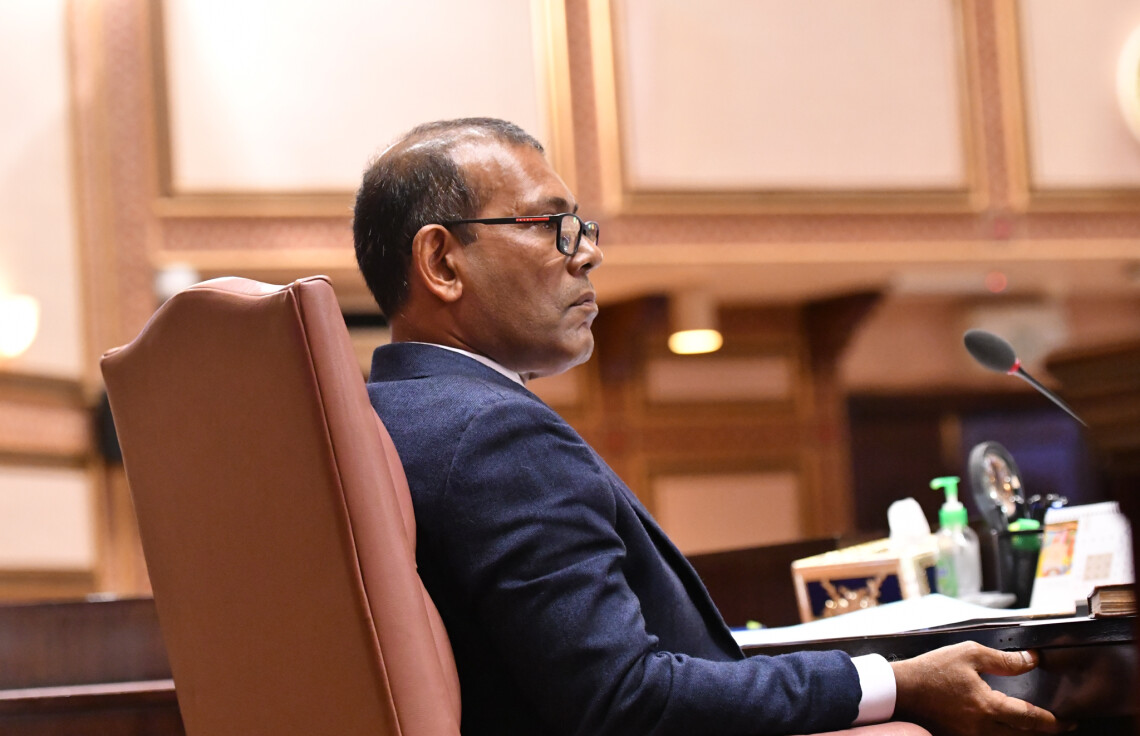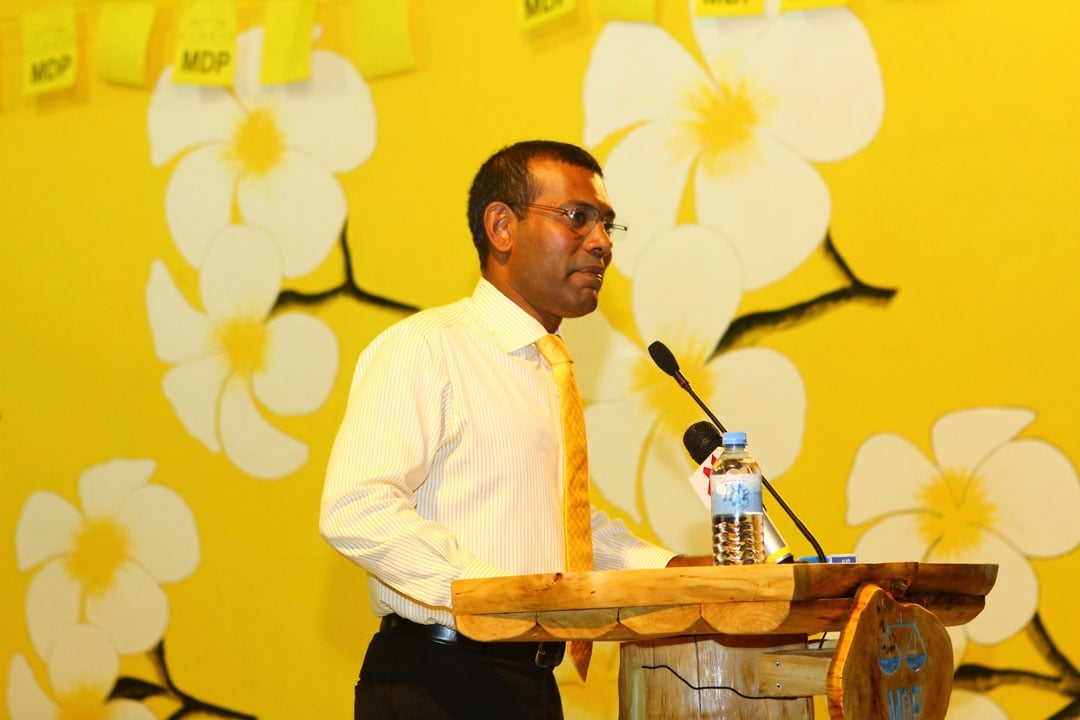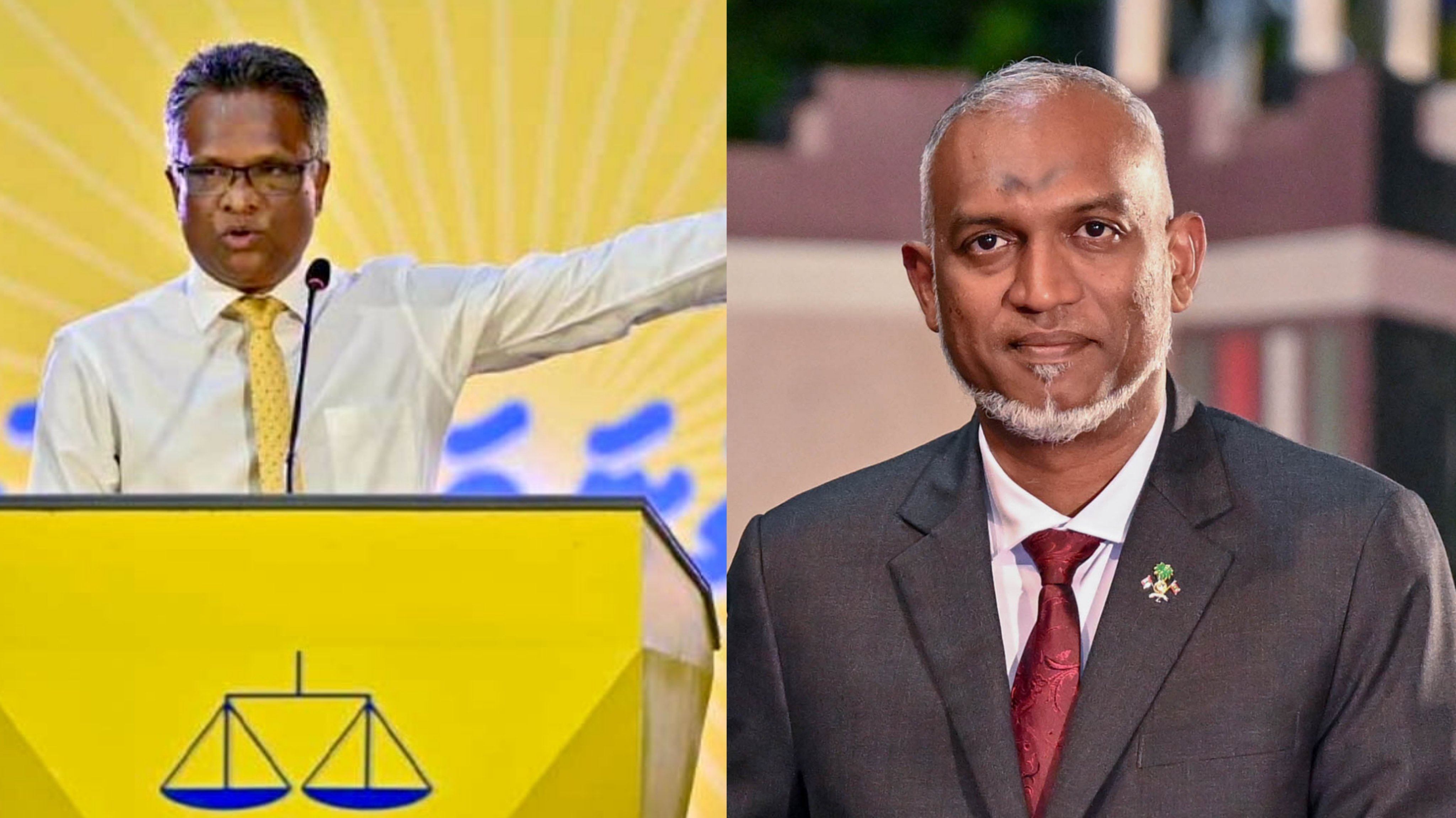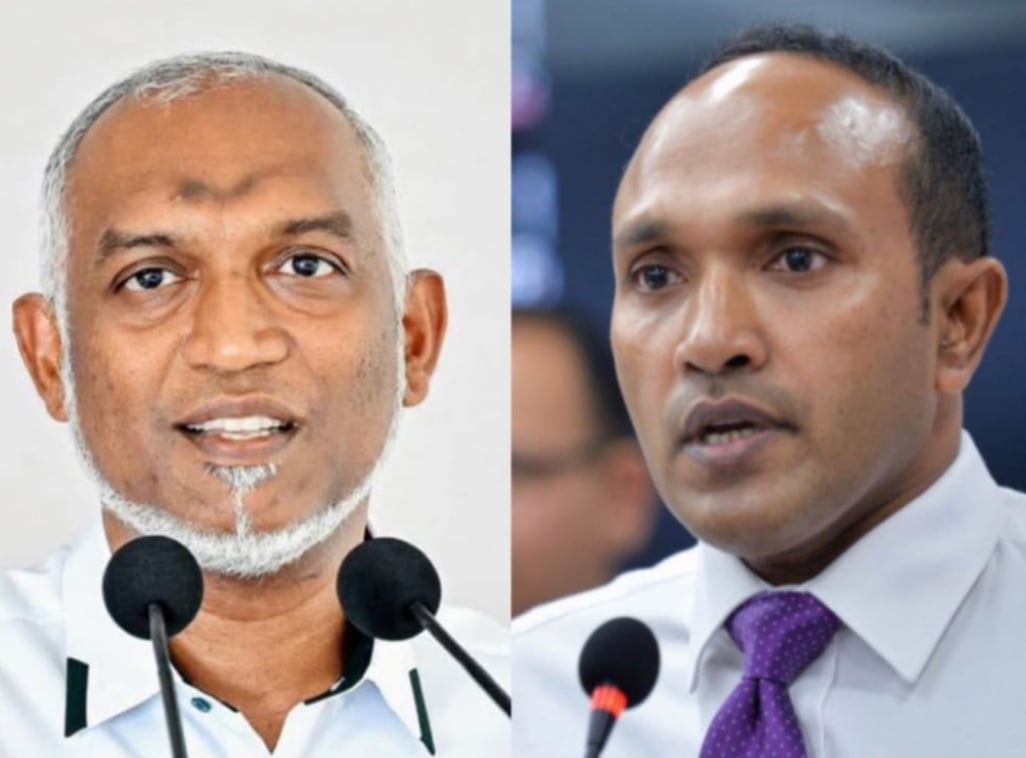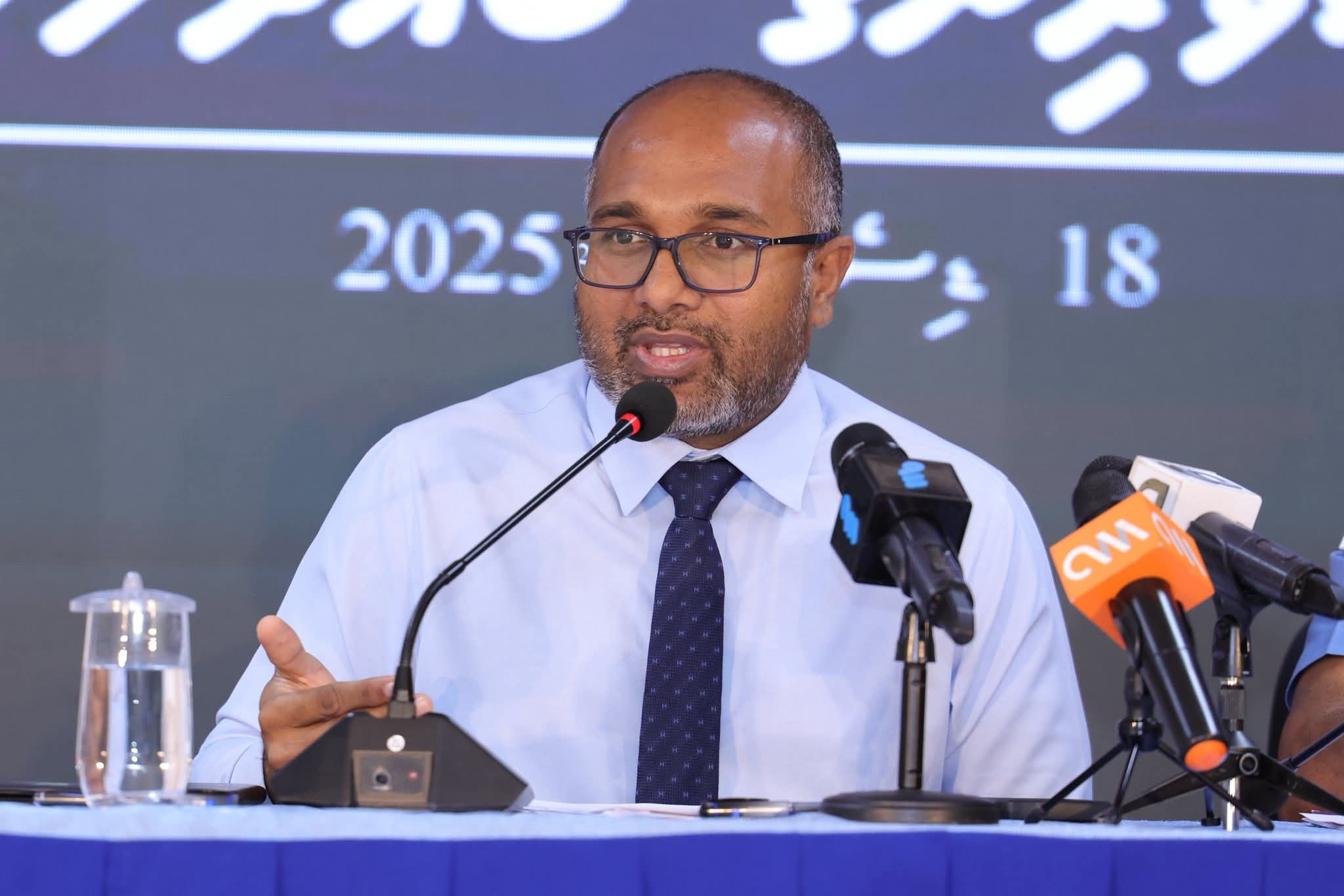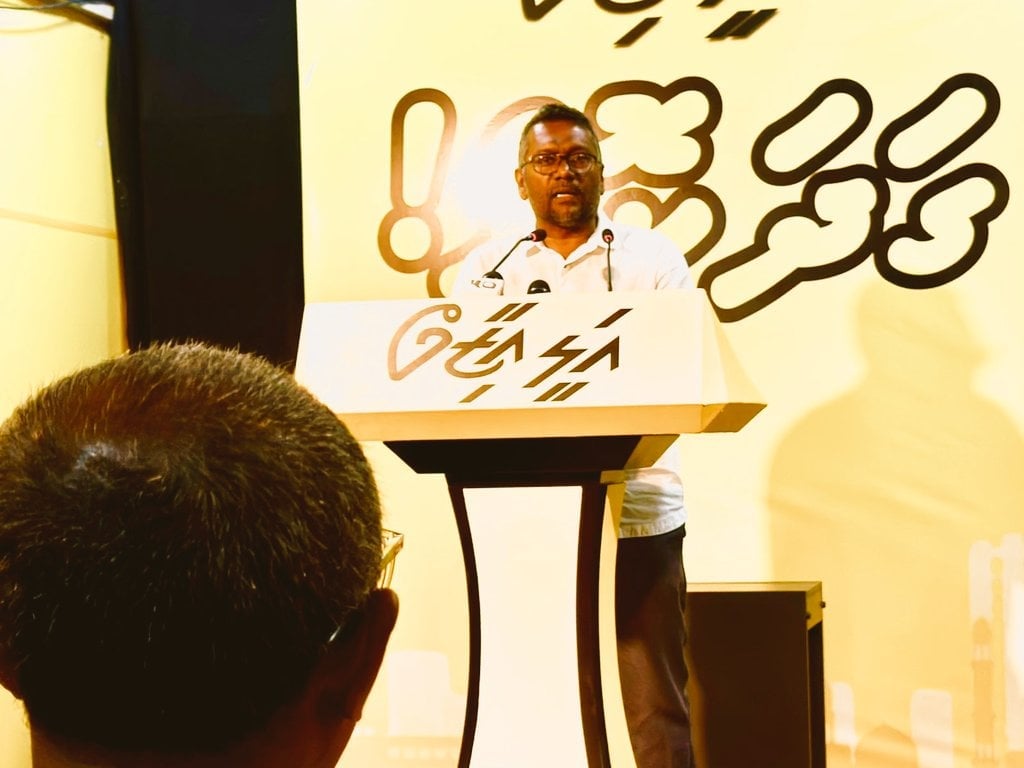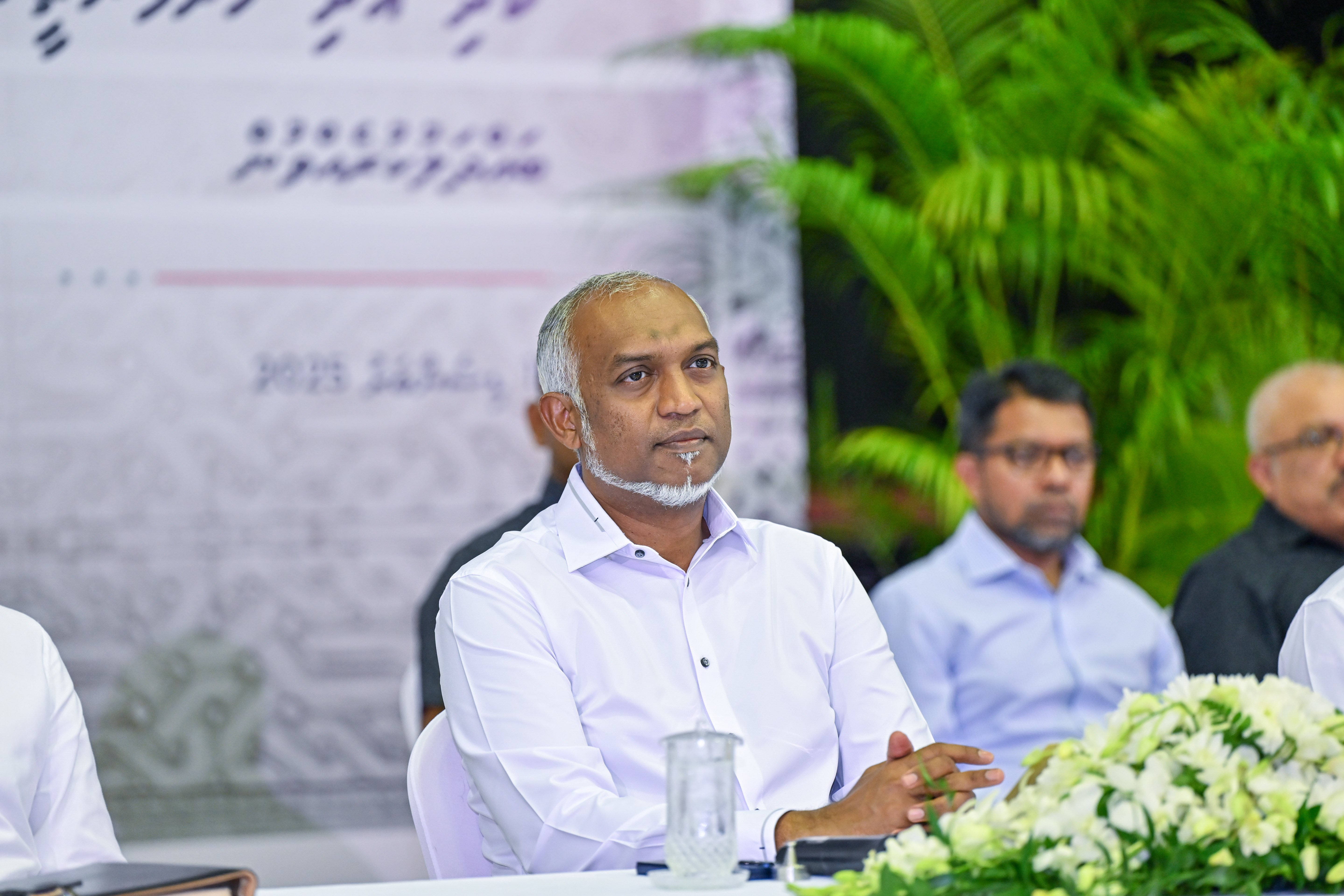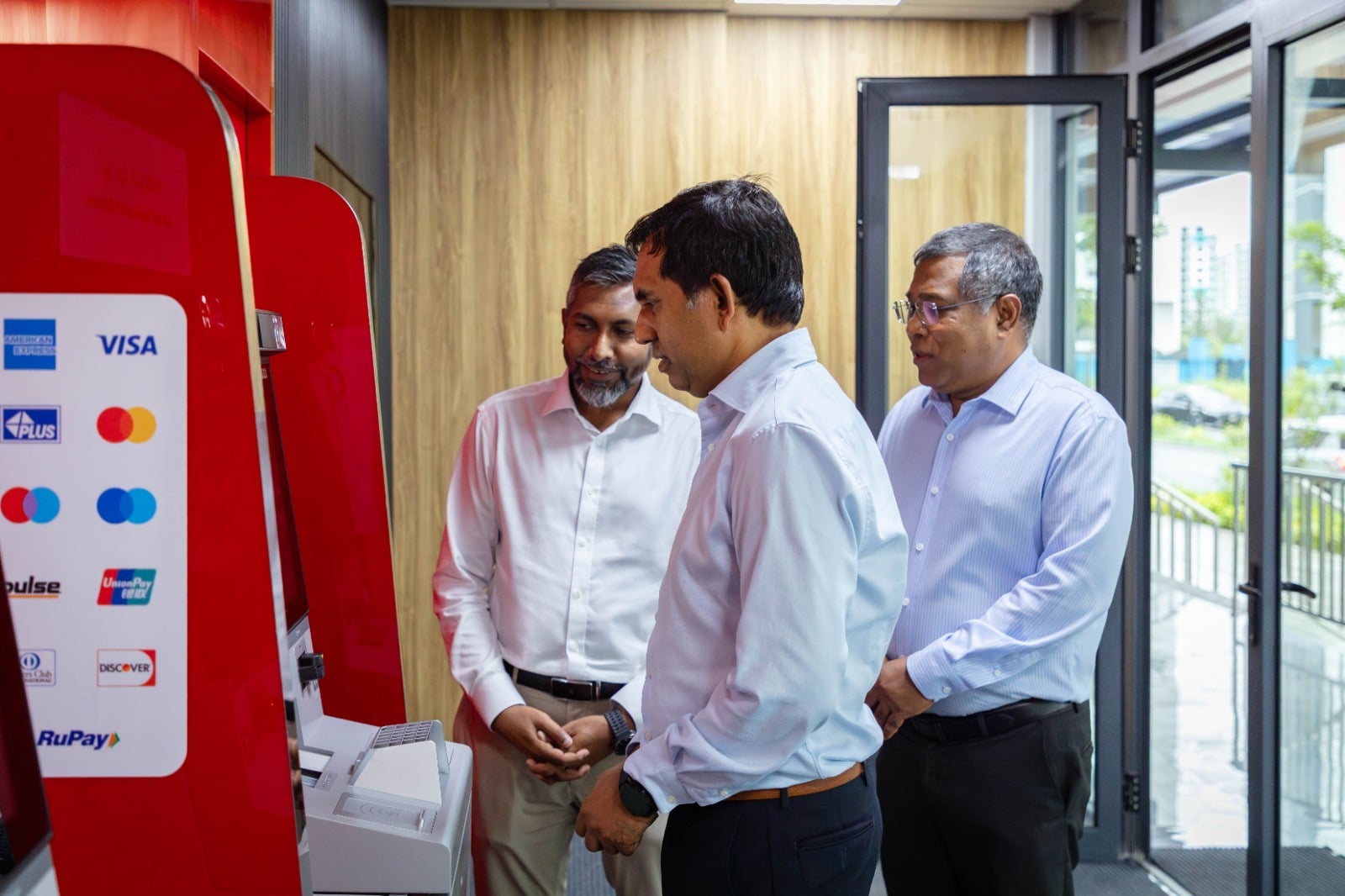The Speaker of the House, People’s Majlis, and Former President, Mohamed Nasheed has declined chairing debates until MPs decide on a no-confidence motion that was filed on Wednesday against him.
He has already communicated on his decision to the Secretariat of the Majlis.
In a note sent yesterday to the Secretary General, Head of the Secretariat, Fathimath Niusha, Nasheed said that until a decision is made in the chamber on the motion filed against him, he has reason not to chair the debates. The no-confidence motion against the Speaker was backed by fifty-four MPs – mainly from ruling MDP.
In his official communication to the Secretariat, Nasheed, further said that he would be attending to other official matters that fall under his mandate during the period of his absence from the Chair. He also said that it was a choice that he has made.
In his letter to Fathimath, Nasheed promised to refrain from influencing the Secretary General while the debate on his no-confidence motion takes its course in the chamber.
According to parliamentary rules and the constitution of the country, when the Speaker and his deputy are simultaneously unable to chair debates, the former must put someone else on the chair. That someone must be one among five of the longest serving, uninterrupted, MPs in the chamber. The Speaker can always choose among the five.
According to normal parliamentary procedures, business in the Majlis at a time when a no-confidence motion is moved against the Speaker is on the agenda, the Deputy must chair the House. However, at this time, neither the Speaker nor the Deputy can chair the chamber, according to some legal arguments as both of them face no-confidence motions.
MDP’s Parliamentary Group decided to remove Nasheed from the Speaker’s chair as his followers in the parliament; mainly former MDP MPs, supported a no-confidence motion against Attorney General Ibrahim Riffath.
He has already communicated on his decision to the Secretariat of the Majlis.
In a note sent yesterday to the Secretary General, Head of the Secretariat, Fathimath Niusha, Nasheed said that until a decision is made in the chamber on the motion filed against him, he has reason not to chair the debates. The no-confidence motion against the Speaker was backed by fifty-four MPs – mainly from ruling MDP.
In his official communication to the Secretariat, Nasheed, further said that he would be attending to other official matters that fall under his mandate during the period of his absence from the Chair. He also said that it was a choice that he has made.
In his letter to Fathimath, Nasheed promised to refrain from influencing the Secretary General while the debate on his no-confidence motion takes its course in the chamber.
According to parliamentary rules and the constitution of the country, when the Speaker and his deputy are simultaneously unable to chair debates, the former must put someone else on the chair. That someone must be one among five of the longest serving, uninterrupted, MPs in the chamber. The Speaker can always choose among the five.
According to normal parliamentary procedures, business in the Majlis at a time when a no-confidence motion is moved against the Speaker is on the agenda, the Deputy must chair the House. However, at this time, neither the Speaker nor the Deputy can chair the chamber, according to some legal arguments as both of them face no-confidence motions.
MDP’s Parliamentary Group decided to remove Nasheed from the Speaker’s chair as his followers in the parliament; mainly former MDP MPs, supported a no-confidence motion against Attorney General Ibrahim Riffath.





